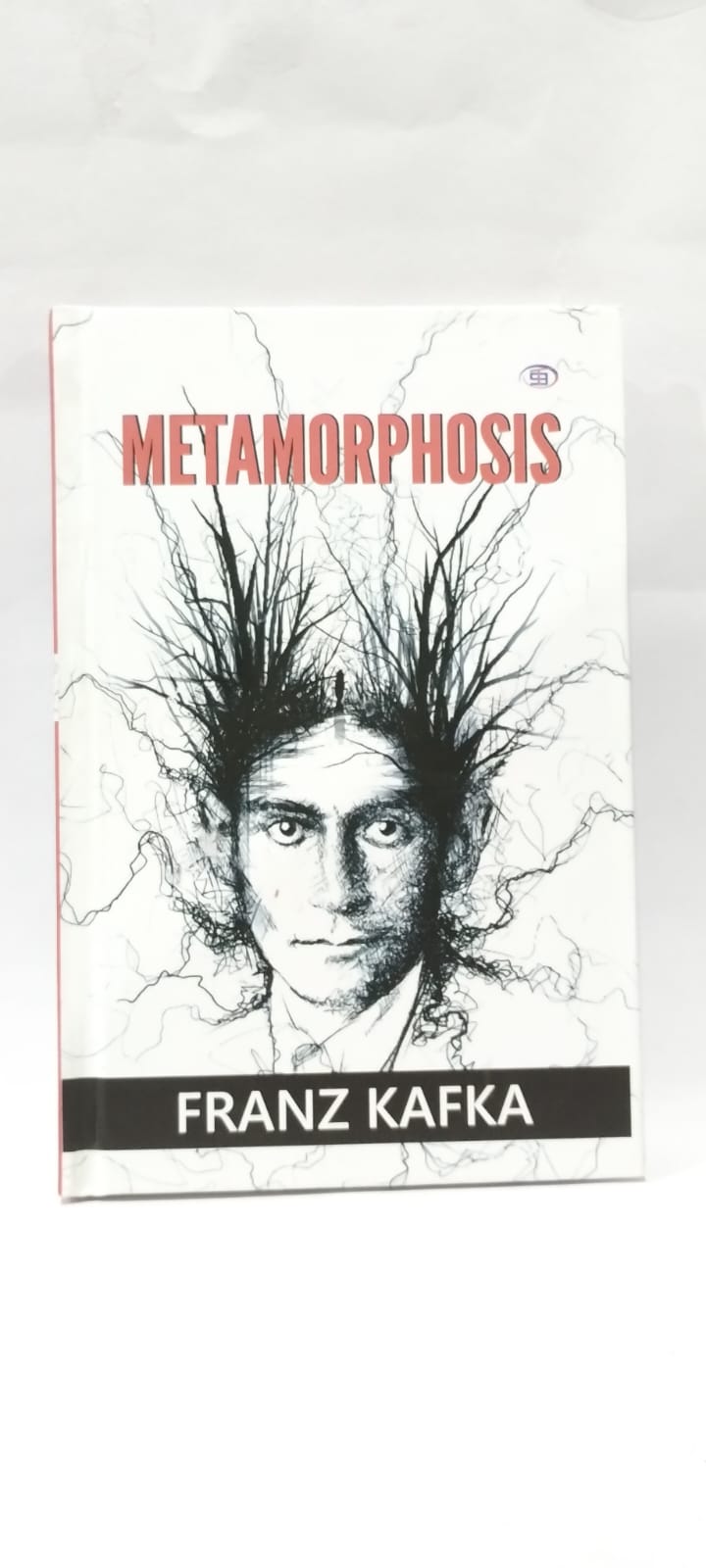Description
Metamorphosis
“Metamorphosis” is a novella written by Franz Kafka, first published in 1915. It is one of Kafka’s most famous works and is widely regarded as a masterpiece of existential literature.
The story begins with the protagonist, Gregor Samsa, waking up one morning to find himself transformed into a giant insect-like creature. As Gregor grapples with the shock and horror of his new form, he also faces the challenges of adjusting to his physical limitations and the reactions of his family.
Throughout the novella, Kafka explores themes of alienation, identity, and existential angst. Gregor’s transformation serves as a metaphor for the human condition, highlighting the absurdity and futility of existence. As Gregor becomes increasingly isolated from society and his family, he experiences a profound sense of loneliness and despair.
Despite its dark subject matter, “Metamorphosis” is also noted for its dark humor and Kafka’s distinctive writing style. The novella is characterized by its surreal and dreamlike atmosphere, as well as its exploration of the absurdities of everyday life.
“Metamorphosis” has been interpreted in various ways by scholars and readers alike. Some view it as a reflection of Kafka’s own struggles with alienation and self-loathing, while others see it as a commentary on the dehumanizing effects of modern society.
Regardless of interpretation, “Metamorphosis” remains a timeless and thought-provoking work that continues to captivate readers with its haunting imagery and profound insights into the human condition.













1 review for Buy Metamorphosis by Franz Kafka (hardcover)
There are no reviews yet.